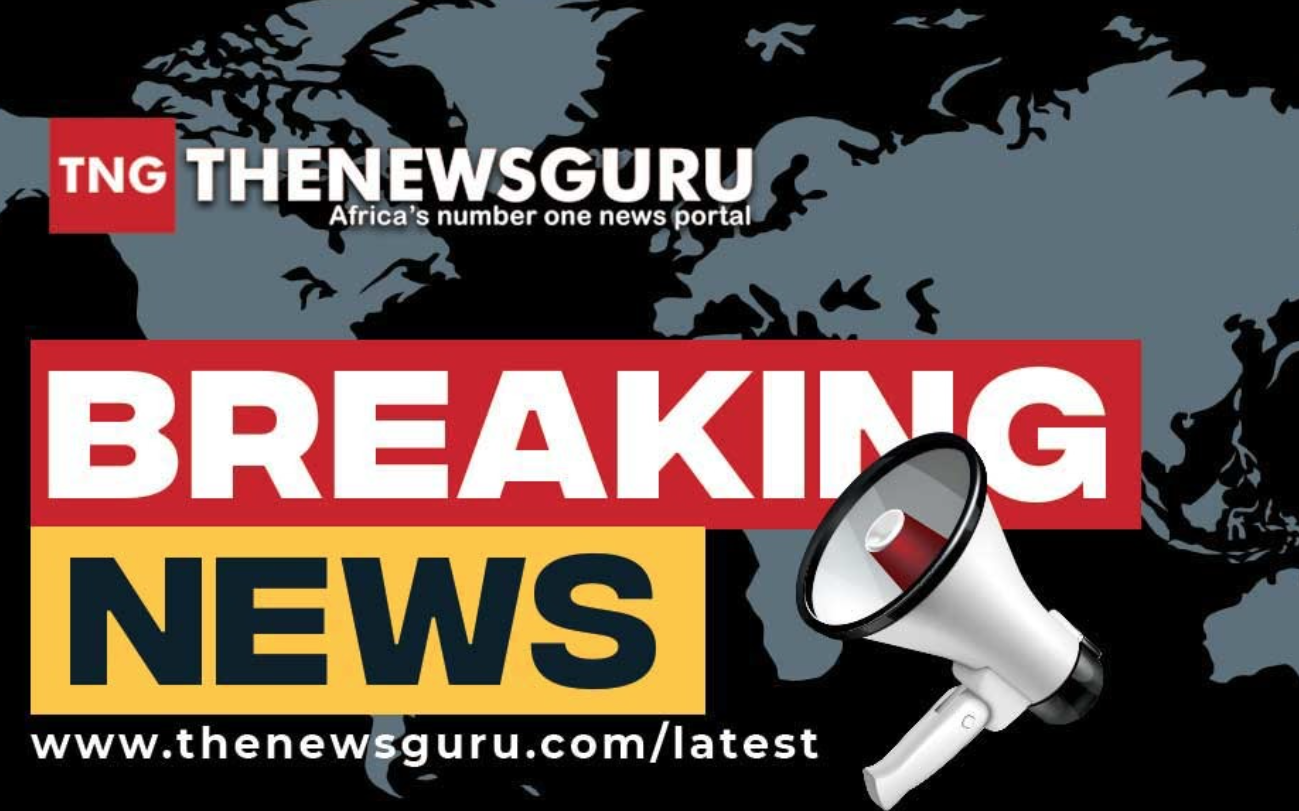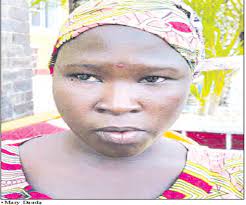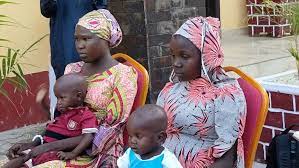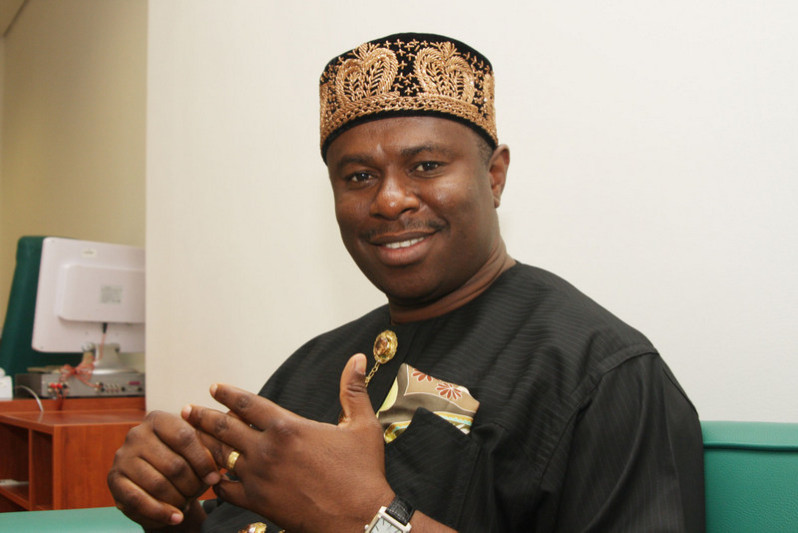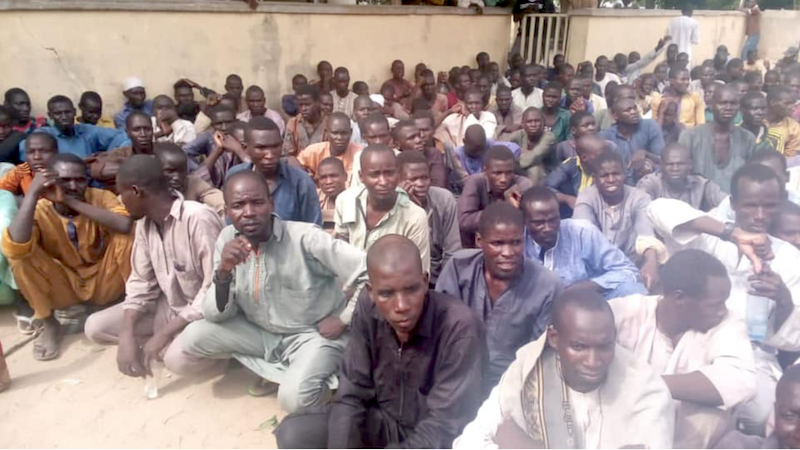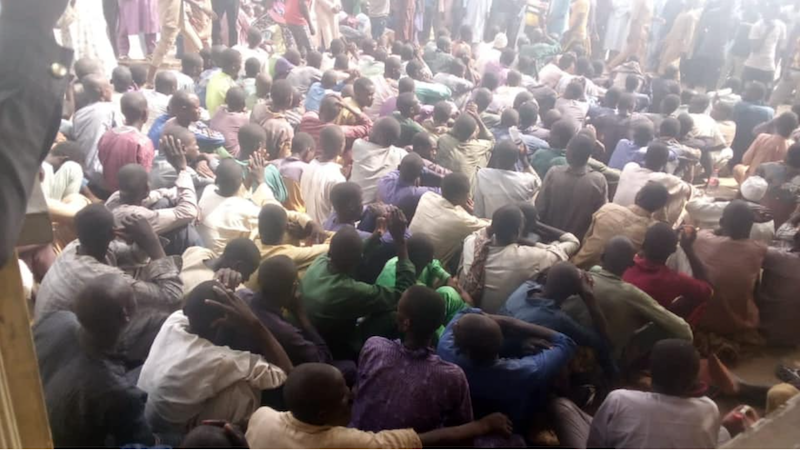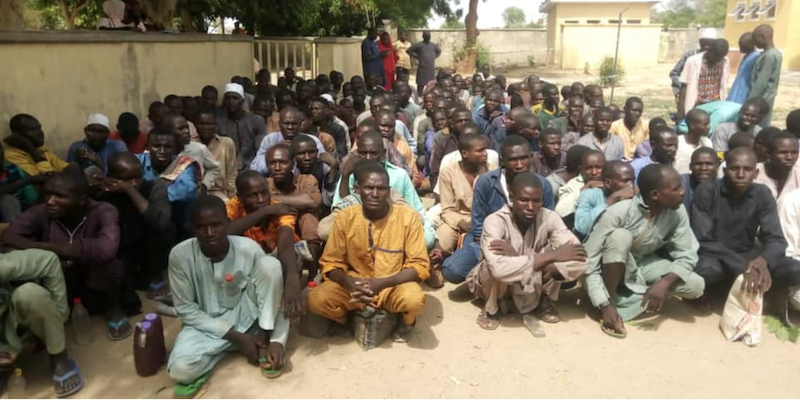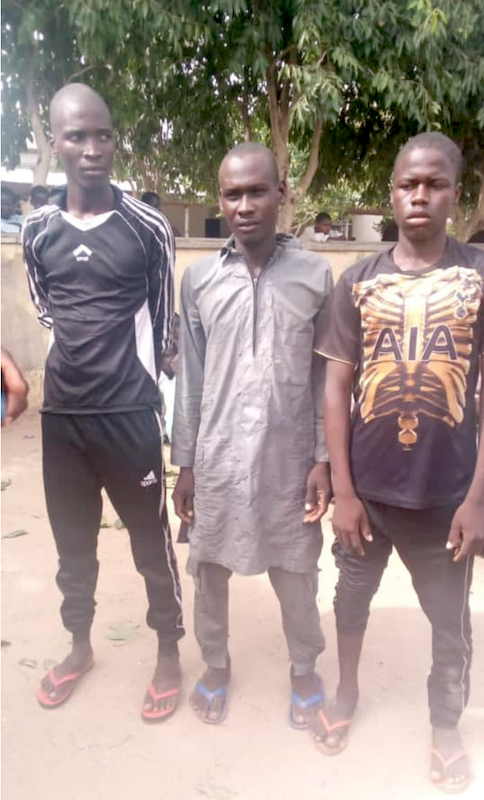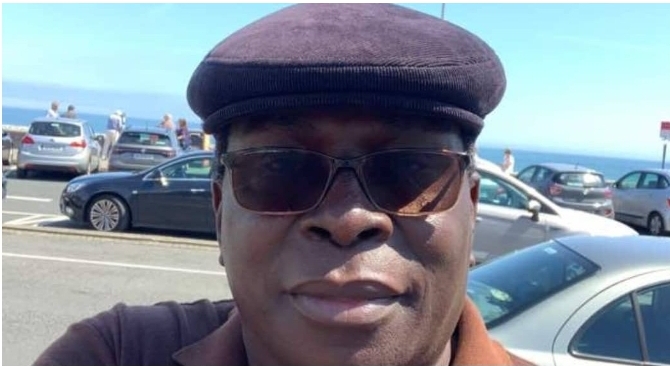Nigerians look forward to the 2023 elections for many reasons: crippling insecurity, lawlessness, floundering economy, perennial suboptimal social services, and an obfuscate desire to hope for a better future. Most Nigerians look forward to having a president with the magic wand to tackle these socio-economic challenges and a leader that will set the country on a path to the Nigeria of our dreams. However, other people are interested in the elections and their outcomes for several reasons.
Globalisation and its ever-increasing tendency for interdependency and interoperability of nations have brought to the fore the interests of global economic and power players in the Nigerian elections. These players have become stakeholders in the local elections in Nigeria that Presidential candidates, although acting local in dealing with issues of interest to Nigerians, must think global on how to contend with these global interests. This is especially expedient given the inevitability of the clash between Nigeria’s National Interests and the National Interests of these power blocs collectively or individually as nations.
The bipolarity is increasingly becoming more evident now than ever since the collapse of the Soviet Union in the 1990s and most recently the Russia/ Ukraine war . The West, consisting of Western Europe and North America, is one powerful bloc and on the other end is China, unarguably a rising superpower that may end America’s claim to being a leader of a unipolar world. The West and China are interested in Nigeria’s national elections for varied reasons, but the convergence is in regional influence and economic interest. However Nigeria’s transitional election will compete for attention with other significant developments around the world. The major one is Russia/ Ukraine war of attrition . Europe and US are going to be preoccupied with this for another 1-2 years because of its impact on their energy supplies, cost of living and the domestic plight of their governments.
The West has multiple interests in Nigeria , and this is what may drive her to take steps to influence the outcome of the Nigerian elections. Historically, the US and EU intervention in Nigeria’s election in the recent past has always been on the electoral process and promotion of democracy. However, in other climes, such as Latin America, Iraq, and Lebanon, it has been alleged that the West intervened in a partisan manner. A lot is at stake in this 2023 general election that the West may be tempted to go beyond the traditional cursory interest in promoting democracy to becoming overtly or covertly involved in these elections.
First, Nigeria is at a crossroads and in a volatile state with heightened insecurity, insurgency, terrorist incursions, secessionist agitations and a melting economic situation. This election offers hopes to “bend the curve” politically, economically, and socially post Covid 19 pandemic and guarantee the level of internal security that discourages further terrorist incursions and needless migration of our youths . This hope must be actualised to avoid further deterioration and disaster. The West must maintain peace and stability in Nigeria devoid of political turmoil that will destabilise the sub-Saharan region, especially after the devastating impact of the destabilisation of Libya and the menacing exploits of international terrorist groups like ISWAP and Boko Haram.
Second, the West have vast economic ties with Nigeria, and a stable and peaceful Nigeria will provide protection and a haven for substantial western investments, especially in the oil sector. Therefore, the West is interested in who will manage Nigeria Plc in a way to ensure the continued viability of its investments in Nigeria. Moreover, Nigeria is the biggest market in Africa. For decades, Nigeria has been the centrepiece of consumption of Western-produced goods and providers of raw materials to the West to produce these goods. Though detrimental to Nigeria’s economy and the bane of our economic development, this anomaly has been perpetuated by Western hegemony. Anything that threatens this vicious circle of massive provision of raw material to the West and enormous consumption of Western goods often attracts the attention of the West.
Third, the West has traditionally maintained influence in the sub-region as colonisers, neo-colonisers, and imperialists. They try to keep this relationship by paying attention to political developments in the region. Nigeria, the most populous Black nation in the world, is of significant regional interest to the West. This is even more important as China, in recent times, has shown mostly economic interest in Africa and majorly in Nigeria.
It is not surprising that both the United States and the European Union (EU) may provide money, technical support, and advice to INEC to ensure smooth elections in the country. They may also send international monitors whose effectiveness is doubtful.
On the other hand, going by precedence, historical trajectory and foreign policy, China will not take any steps to influence the outcome of the elections but will be interested. China’s interest is primarily economic, at least for now, as China navigates its future role as a rising superpower. The more power it amasses, the more it may start showing aggressive interest in regional control and dominance. This is the point of divergence with the West.
For now, China’s interest is predicated on four economic dimensions: first is the security of significant Chinese investment in Nigeria; second is that Nigeria, as Africa’s largest market and biggest economy, provides a tremendous demand for Chinese goods; the third dimension which is often relegated to the background is Nigeria’s indebtedness to China and the need to have a stable country so that it can recover its monies; the fourth is for forecasting and determining what it’s future policy objectives towards Nigeria should be.
Given the above reasons, it is inevitable that outside forces may want to interfere with the forthcoming elections directly or indirectly. But it is the sole business of Nigerians to determine the kind of government we want. As a country and as political actors, we owe ourselves the duty of not allowing external forces to define who we are, our national interest and the kind of outcome we want from our political processes. Our politicians cannot afford to exchange our national interest for their short-term gains.
I vehemently argue that as we worry over the Muslim-Muslim or Christain-Christain ticket, which geopolitical zone should the president come from, the age and quality of our candidates and all such sundry issues, let us spare time and thought for Nigeria’s national interest in the context of globalisation. For Nigeria’s political class, this is not the age of isolation. The responsibility of our candidates is to balance national interest with external linkages that are beneficial to our nation.
Atiku Abubakar’s past antecedent indicates that he may be pro-West and pro-developed Arab nations. On the other hand, Ahmed Bola Tinubu is most likely pro-West. I doubt any presidential candidates will openly canvass for ideological marriage between Nigeria and China, and they are more willing to do more business and borrow more funds from China.
As campaigns start, I hope to hear some elevated thoughts on how the presidential candidates intend to balance national interest, beneficial global presence, the foray of China into our economic space, the imperialistic interest of Europe and dominating spirit of the United States. This campaign must be issue-based and a clear articulation of foreign policy options will distinguish one candidate from another . How genuine is a democratic election fought not based on policy but elite interest and personality? This election must not be the only one in Post 1999 democratic experience where the electorate will not have policy platforms from which to choose. Is there any guarantee that elections fought based on elite interest and calculations will lead ultimately to the installation of the much-expected genuine democracy? I doubt it.
The West’s fundamental interest will revolve around issues of security of the sub-region, economic interests, global oil and gas supply, political influence, and youth migration. Post Covid economic recovery and Ukraine/ Russia war will make Nigeria’s election more of a domestic rather than international headache. Although a passive participant, China is interested in protecting and advancing its economic interests in Nigeria, it’s involvement should be of interest to us as a nation .
These two blocs’ interest in the presidential candidates and the general elections must concern Nigerians. We must engage with these blocs but try to do so on our terms. Articulating proper policies that always protect our national interest in engaging with these blocs is critical. Therefore, our politicians, especially the presidential candidates, must understand and engage with these power blocs with greater understanding. They must intentionally protect our collective national interest at all costs beyond their narrow parochial and selfish interest. They must not sell Nigeria for the ambition to become president.
In a nutshell , this is a clarion call to all stakeholders in the Nigerian project and democratic experiment to protect our democracy and advance our national interest . The power of the people must be supreme. All must resist external influences that will subvert the people’s will, and we must engage with these external forces on our terms bearing in mind our national interest. We must use the opportunity of the 2023 general election to deepen our democracy. Although elections are essential, they are just a tiny aspect of democracy. We must start building democratic institutions or strengthen existing ones to be fit for purpose. Democratic ideals and principles, like the rule of law and fundamental human rights, must be the fulcrum of our democracy. Should elections be the sole criterion for democratisation in Nigeria? I say a resounding No. The time is nigh for a newly democratic Nigeria. We all must be part of the democratic process that will usher in a new dawn in our socio-economic development.
